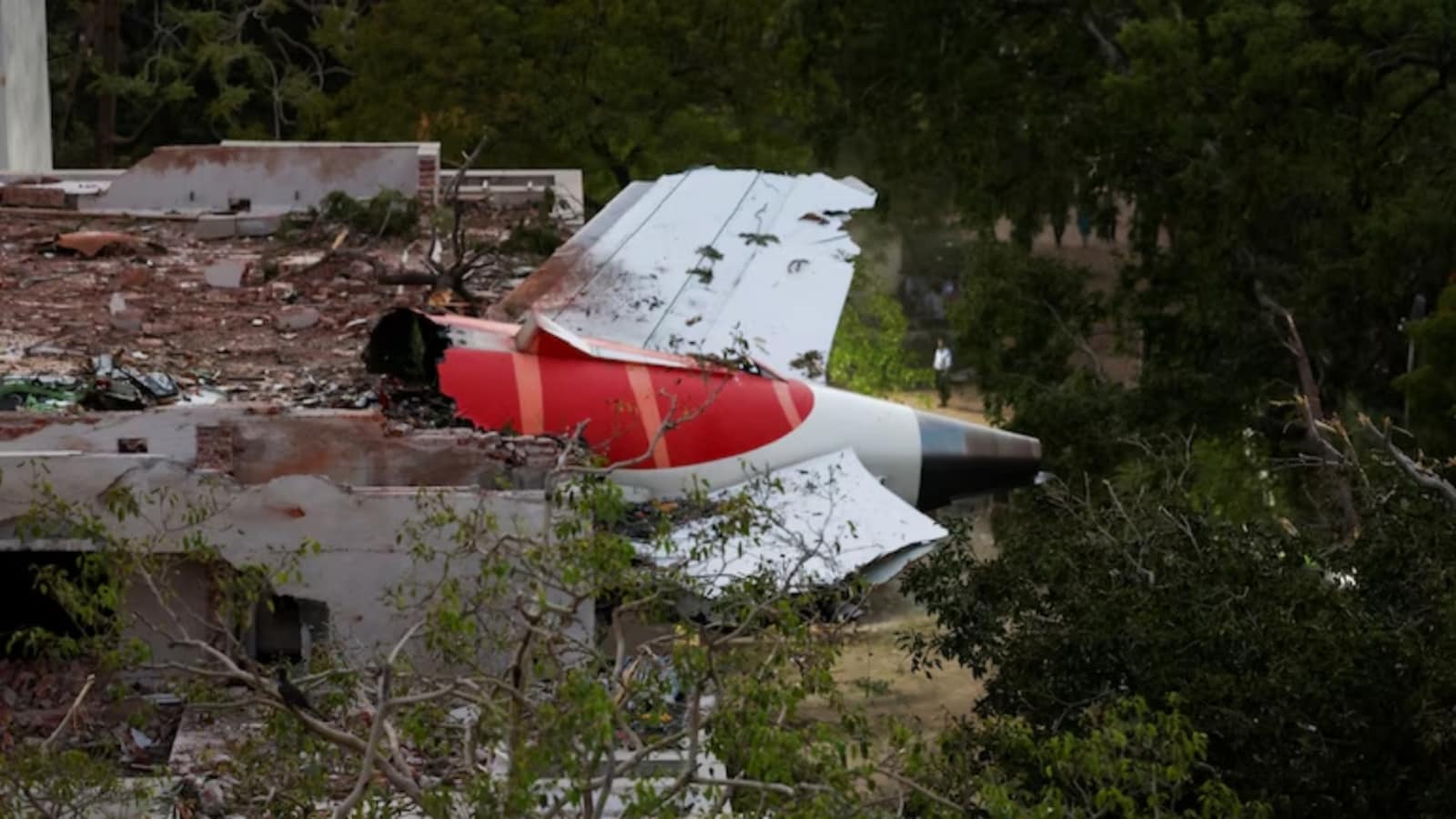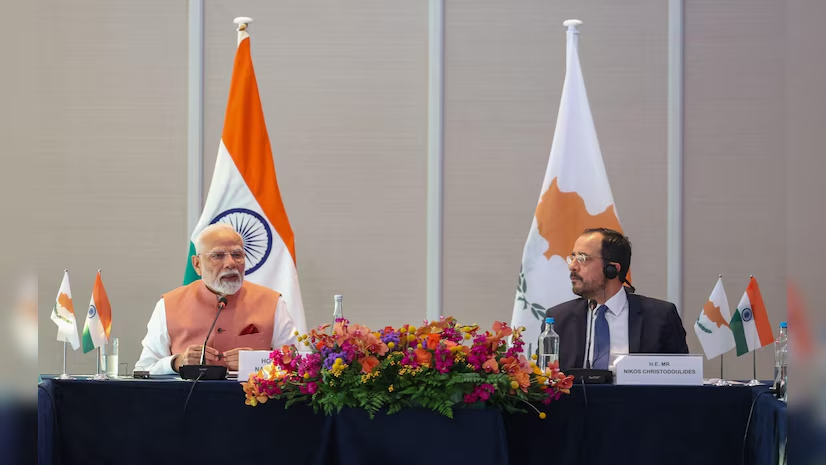Now Reading: Second Black Box Found in Air India Crash: Probe into Ahmedabad Tragedy Deepens
-
01
Second Black Box Found in Air India Crash: Probe into Ahmedabad Tragedy Deepens
Second Black Box Found in Air India Crash: Probe into Ahmedabad Tragedy Deepens

Investigators recovered the second black box — the cockpit voice recorder — from the site of the Air India Express crash in Ahmedabad. This crucial device could provide insights into the final moments before the tragic accident that claimed multiple lives. As authorities continue to piece together the cause, the discovery is expected to accelerate the investigation and answer lingering questions about the crash.
Cockpit Recorder Holds Key Clues
The cockpit voice recorder (CVR), also known as the second black box, stores audio from the cockpit, including conversations between pilots and air traffic control. It was located amid the wreckage after an intensive search and is now being analysed by aviation experts.
This follows the earlier recovery of the flight data recorder (FDR), which tracks the plane’s mechanical and flight information. Together, these two devices are essential for understanding what went wrong during the final phase of the flight.
Ongoing Investigation into the Crash
The Air India Express aircraft was on a domestic route when it crashed near the runway in Ahmedabad. Preliminary reports suggest the plane may have faced technical difficulties during its descent, though official confirmation is still awaited.
Experts are now examining the CVR to understand if human error, communication lapses, or mechanical failure played a role. The Directorate General of Civil Aviation (DGCA) is leading the inquiry, with technical teams working round-the-clock to assess the data.
Voices from the Ground
For the families of passengers and crew, the wait for answers has been distressing. Many are hoping the findings from the black boxes will offer closure and clarity. Survivors and eyewitnesses have described a chaotic scene, with emergency services arriving quickly to control the situation.
The incident has also reignited concerns about aviation safety standards, especially on regional routes within India.
Impact on Tier 2 Flyers
The crash has sparked renewed concern among frequent travellers from Tier 2 cities like Nagpur, Patna, and Coimbatore, where Air India Express operates regularly. With increasing dependence on air travel for business, medical, and educational needs, flyers are now demanding stricter safety protocols and better aircraft maintenance.
Aviation experts are also calling for regular safety audits and improved pilot training to prevent such tragedies in the future.
Conclusion
The recovery of the cockpit voice recorder marks a critical step in uncovering the truth behind the Air India Express crash in Ahmedabad. While the investigation continues, the focus remains on transparency, accountability, and improved safety standards. For the families affected and the flying public, answers are not just expected — they are urgently needed.
























